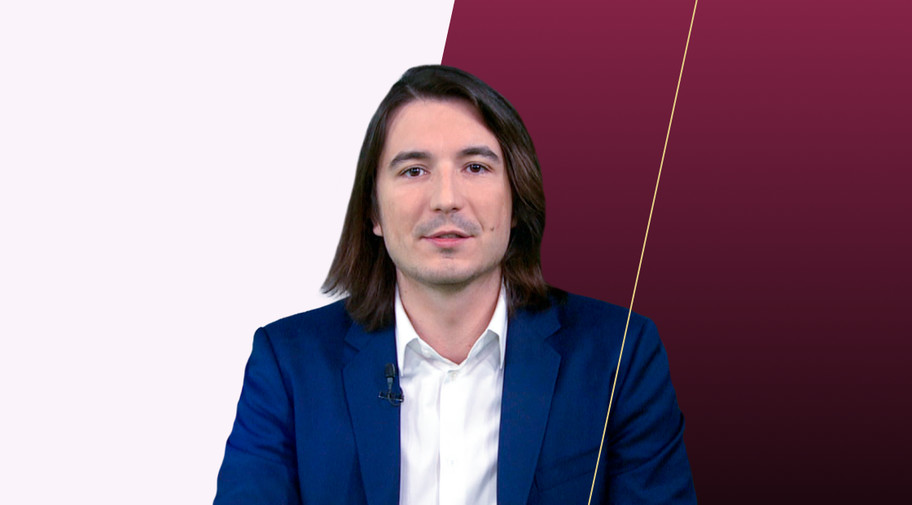Robinhood CEO Vlad Tenev comments on UK’s ‘backward’ stance on crypto

By Lucy Wynne
Vlad Tenev, co-founder and CEO of crypto trading app - Robinhood - has claimed, in an interview to The Times, that the UK has a backwards stance on its approach to crypto; when compared to gambling.
Robinhood is worth $28bn (£22.1bn) and hit a boom following the Gamestop ‘meme stock’ trend in the US, that was fuelled by Robinhood.
The app turns buying shares into a video game experience, it launched in 2013 and was created by Tenev and his Stanford University classmate, Baiju Bhatt. Since 2013, 24 million customers now use the platform with the majority being younger men and millennials.
With Robinhood becoming the most popular financial platform in America, the CEO looks to launch in the UK next. However, he has some reservations…
Despite the CEO looking to launch in the UK soon, there have been recent revelations about concerns over young men getting addicted to crypto gambling. This doesn’t concern Tenev, however what does concern him is how the UK is putting crypto trading under the same umbrella as gambling.
He continues: “I think people should be allowed to do what they want. But on a policy level, it’s just strange to me that, like: ‘the gambling will continue, but suddenly, with crypto and margin trading, we would have a problem with that.’ That just seems backwards to me.”
Currently, gambling with cryptocurrency is in a political-limbo in the UK with it being legal but unregulated. However, according to IMARC Group, the cryptocurrency market in the UK reached a market size of $267.23bn in 2023 and has projected a growth rate of 7.3%, increasing the market value to $520.2bn by 2032 meaning there is definitely a huge market to be cracked here.






 Professional Fighters League names Cloudbet as official sports betting partner
Professional Fighters League names Cloudbet as official sports betting partner
 New blow for Leicester City after sponsor B.C Game lose gaming licence
New blow for Leicester City after sponsor B.C Game lose gaming licence
 CryptoCasino.com launch groundbreaking Telegram casino
CryptoCasino.com launch groundbreaking Telegram casino
